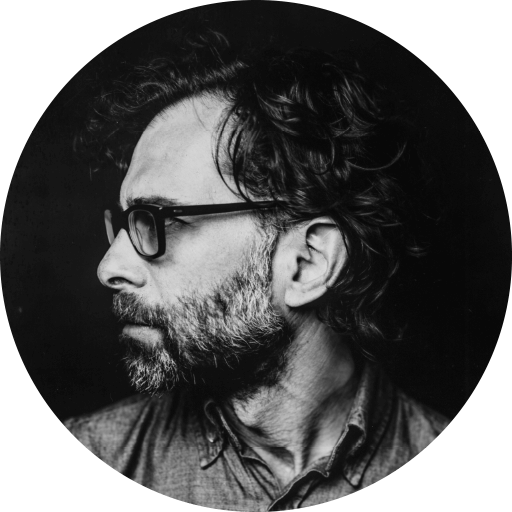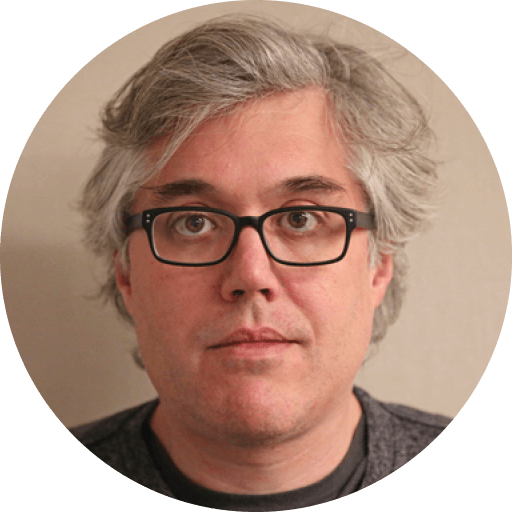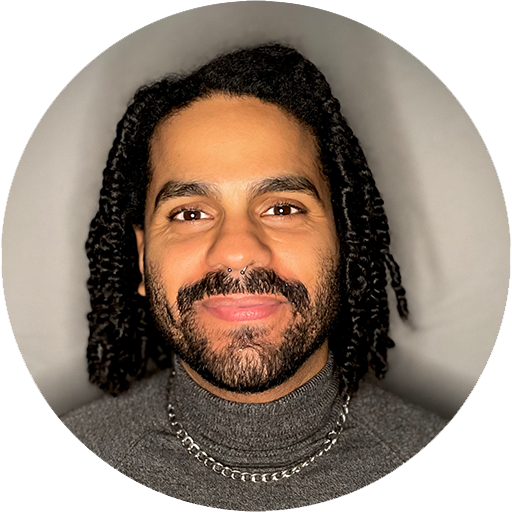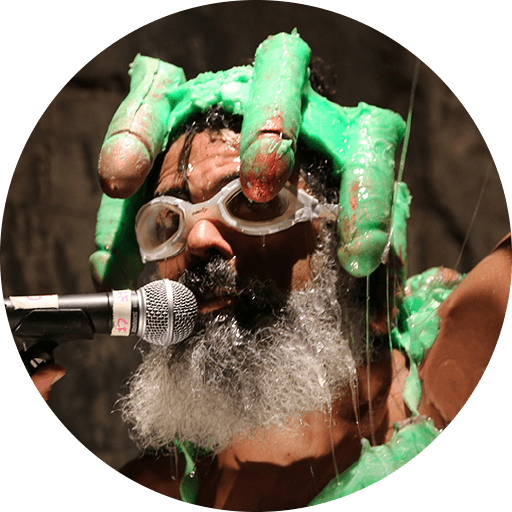“Figuring Out Failure in the First Person: The Nosebleed”
Helen Shaw, New York Magazine
Helen Shaw, New York Magazine
Before the show gets going at the Japan Society, the director and playwright Aya Ogawa invites the cast to tell us about a failure. Ogawa’s The Nosebleed stemmed from a multiyear teaching and workshopping project about the concept, one in which Ogawa encouraged other playwrights to work through and to claim their failures. According to their director’s note, they couldn’t shake the feeling that they were somehow ducking the assignment themselves, keeping protected while the others stripped bare. So The Nosebleed is frank, vulnerable, and chock-full of Ogawa: for the entire diaphanous show, they are onstage alongside four other actors, all also playing Ogawa. Together, the five-headed Ogawa-self leads us on a stone-skipping path through the roughest patches of a life.
First, though, the actors get to be themselves. The smiling Haruna Lee confesses to shyness about speaking Japanese with the technicians at the venue; Drae Campbell reveals a tough moment with a stinky pug she was dog-sitting. These daily shamings don’t touch what Ogawa will reveal — brutal self-doubt while traveling with their children in Japan (during which one of the kids gets the titular nosebleed); a missed opportunity to put a casually racist Brooklyn dad in his place; and a ruined and ruinous relationship with their own father, characterized by silence and hostility.
Ogawa’s mode for The Nosebleed is at first almost chatty. Two of the Ogawas act out a scene from The Bachelorette that brings up issues of interracial dating and family estrangement. Different Ogawas address us directly, talking about the fears of being a bilingual mother raising kids who might not follow their lead. There’s something glancing about these vignettes — they’re handled quickly and laughingly. It’s only when Ogawa (the actual one) puts on a Members Only jacket to play their own father that the show begins to vibrate at a deeper frequency. The lightness doesn’t go away, exactly, but it starts to seem like the touch we apply to very hot, very painful things. Ogawa’s failure to have a relationship with this difficult man triggers other mishaps: a failure to help him when his mind starts to go; a failure to say goodbye adequately after he dies. Suddenly, the reason for the many selves becomes clear — they can conduct the loving funeral the original Ogawa never could. Even the audience is called in to help: Many hands make light the load.
Who cares if we don’t find the answers in the past? Isn’t it still worth looking backward? We have to learn somewhere how to reach out to things that aren’t capable of reaching back. That particular failure will be relevant, eventually, to us all.
Helen Shaw for New York Magazine, October 1, 2021





























